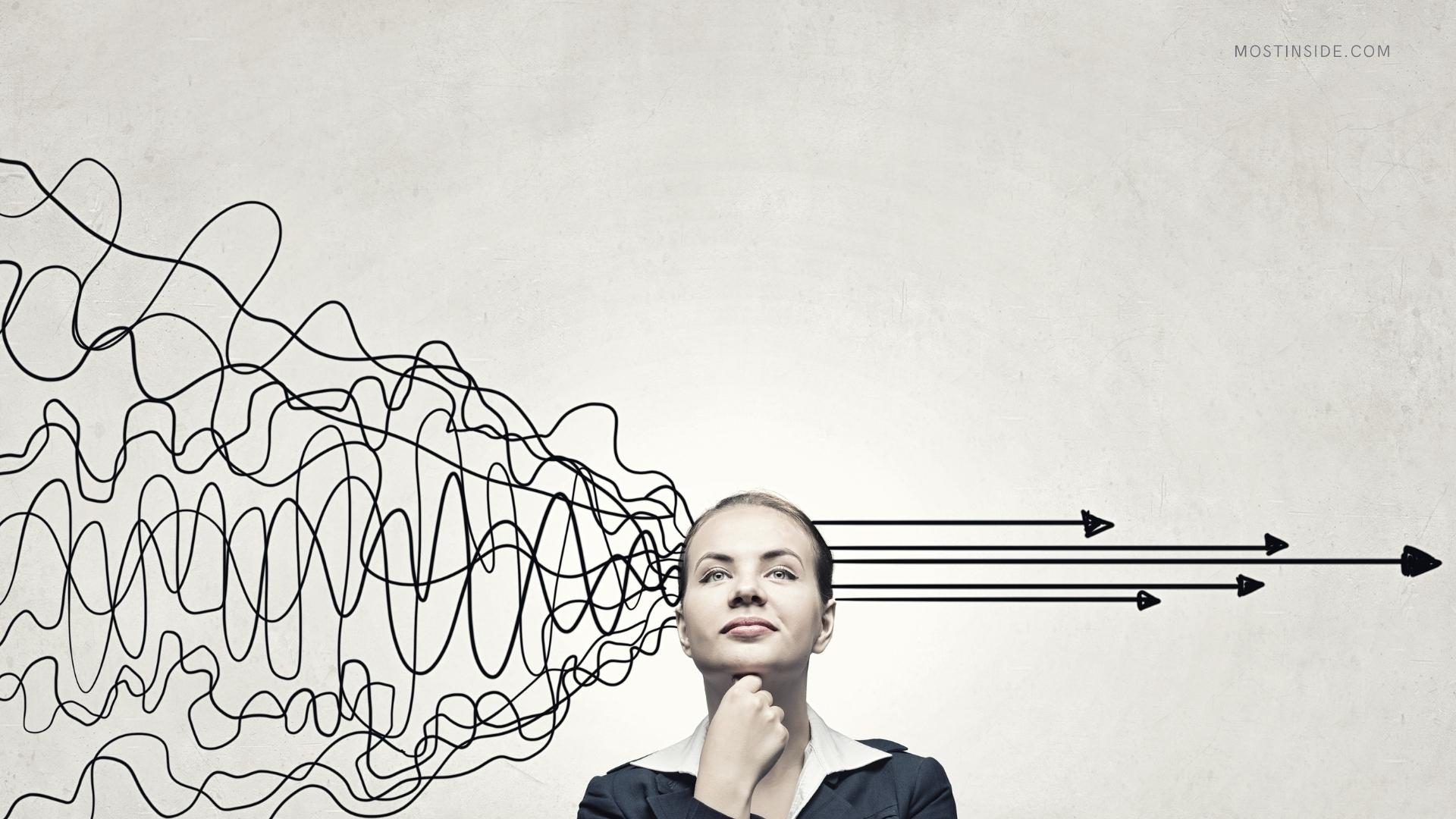5 Ways To Enhance Your Decision-Making Skills

Life is about making decisions. The ability to make the right decisions in every area of your life is vital to living the best life. Making informed decisions on time and being confident about them is an excellent skill that could save you time and many inconveniences.
However, most people aren’t good at decision-making. They tend to double check their decisions every now and then. While double checking your decision might be necessary, sometimes it reveals your incapability of deciding and working on your decision on time. Fortunately, everyone can learn ways to become good decision makers.
Many decisions are emotional. Research shows decision-making skills can be enhanced by following your emotions. However, this works for those who understand the use of emotional control in the decision-making process. Otherwise, making decisions based on emotions can cloud your judgment, leading to bad outcomes.
To help you understand your moods and how they affect your decision-making, you can seek counseling near me to get professional help and begin your journey towards making better decisions.
Here are five ways to enhance your decision-making skills:
1. Avoid Being Overconfident
Overconfidence can make you over-expectant. Studies show that individuals tend to overestimate their worth or performance and the accuracy of their knowledge.
For instance, when you’re 85% sure that you can convince your boss for a promotion, it might be a sign of overconfidence. When you’re overconfident about everything, everything will likely go wrong.
On the other hand, there are areas to consider your confidence level, like time management. Many people overestimate how much they can accomplish in a short period of time. For instance, assuming you can finish a two-hour report in one hour can be considered overconfidence. Many times, such predictions are bound to fail.
Generally, good decision-makers recognize which areas in their lives are affected by overconfidence and then change their thinking and behavior accordingly.
2. Hang Out With People Of All Ages
If you want to be a good decision maker, widen the age range of the people you engage with. Engage with the elderly as well as those younger than you. In addition, staying in touch with older people helps you become more mindful and have better plans for the future. On the other hand, younger individuals help you remember your childhood goals, achievements, and failures.
Past achievements help boost positivity and confidence, while failures help you avoid making the same mistakes. Hanging out with different people challenges your way of thinking and perception, thus enhancing creativity. When surrounded by people of different ages, you view life from a positive perspective, and you get a clear view of it.
Therefore, hanging out with people of different ages helps one make better decisions. This is because having different people around enables you to see situations from different angles. Thus, having a better chance to make an informed decision.
3. Acquire Some Arts And Culture In Your Life

Art and culture are creative works such as painting, theater, literature, music, poetry, and dance. Learn to adopt such practices in your monthly schedule. For instance, it can be helpful to spare two hours, three times a week, to learn to play the drums or the guitar.
Although it may appear time-consuming, participating in the arts and culture has various benefits. This includes improving your mood, relieving stress, preventing memory loss, and lowering your risk of anxiety and depression.
Meanwhile, appreciating art and culture also enhances learning and boosts one’s creativity. For instance, a study conducted by Northern University and published in ‘The Journal of Neuroscience’ found that music students performed better in math and science. On the other hand, drama students seemed more literate and attentive in class than students who took neither.
Moreover, arts and culture can help boost innovative and soft skills. In fact, research suggests that innovations occur when the arts meet science. It was also discovered that the most innovative scientists were involved in different forms of arts and culture.
For instance, Albert Einstein played the violin or the piano to rejuvenate his mind when he was stuck in the middle of a theory. Also, some of his discoveries came from the inspiration and imagination he got from music.
All of these benefits are crucial when it comes to decision-making. Significantly, your decision-making skills improve when you engage in something unique that you’d never imagined.
4. Exercise
Exercise is crucial when it comes to decision-making. It improves mental health by lowering anxiety, depression, and bad moods. In addition, it can also boost your self-esteem and cognitive function.
Exercise alleviates anxiety and depression by helping the body raise endorphin levels, which are feel-good chemicals that enhance feelings of happiness and euphoria. Regular exercise also helps you lose weight, thus keeping you in good shape. This helps boost your self-esteem and confidence, hence making it easy to make informed decisions.
Good mental health is vital for decision-making since your brain is in a good healthy state to make decisions. Other benefits resulting from good mental health include improved sleep, improved sex drive, increased energy and stamina, and reduced tiredness. All of these benefits trigger mental alertness, weight loss, reduced cholesterol, and improved cardiovascular fitness.
5. Write Down The Pros And Cons
Finally, the most common but effective decision-making technique is the pros-and-cons list. Write down all the potential positive and negative consequences of a dilemma. Your brain usually has countless arguments, which can be challenging to remember. Therefore, writing everything down is essential for future reference.
Furthermore, writing things down is powerful as it frees up your mental capacity for thinking and decision-making. It also demonstrates a visual dimension that facilitates the decision-making process. Incorporating a pros-and-cons list into your situations enhances your decision-making ability.
The Bottom Line
Improving decision-making skills requires time and effort. Just like a bodybuilder needs time to grow his muscles, your brain requires time to learn, adapt, and apply various tips for sound decision-making.
By following this post, you can learn practical tips to help you become a good decision maker. Remember, failing to make sound decisions can negatively impact your general quality of life.
Most Inside
Most Inside offers high-quality recommendations and valuable updates to enhance all aspects of your life, providing premium guidance and enriching experiences.




